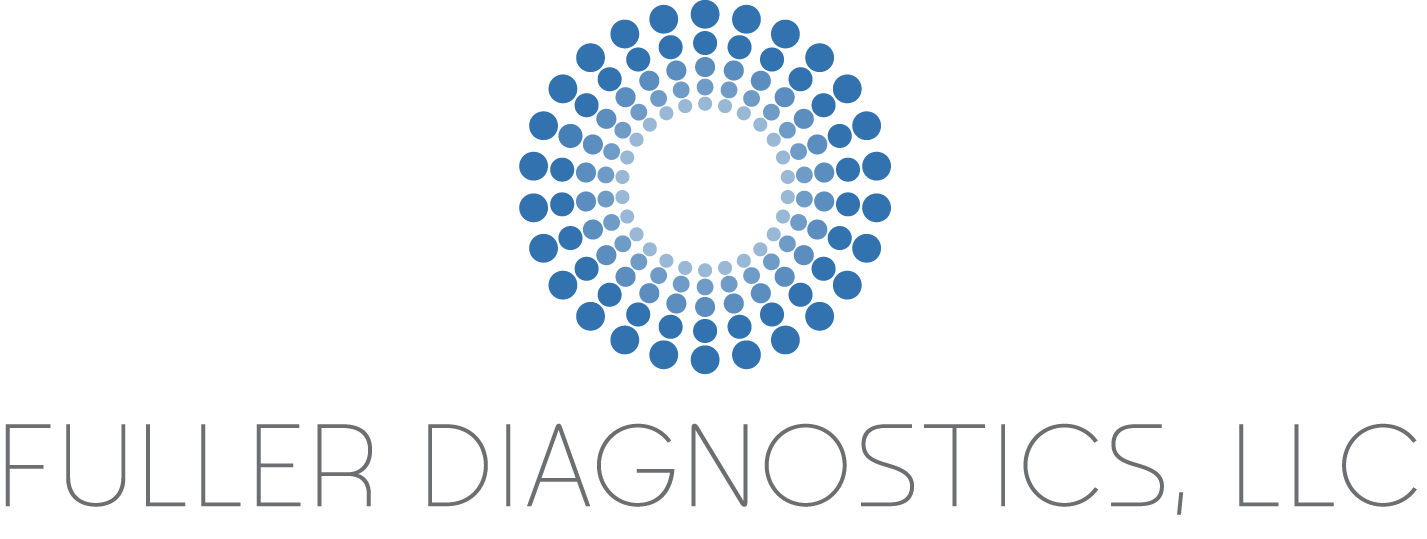Pediatric Neuropsychology
Why was my child referred for an evaluation?
Pediatric neuropsychologists commonly assess children for attention problems, learning disabilities (such as dyslexia or math difficulties), disorders of language and/or coordination difficulties. Evaluations are detailed and information is obtained about brain-behavior relationships, and their contributions to presenting concerns. Evaluations may also involve assessments of Autism Spectrum Disorders. Assessments also evaluate neurological conditions such as effects of a tumor, anoxia, birth complications, cerebral palsy, toxic exposures, and head injuries or concussions. Assessment are often requested to determine possible cognitive difficulties involved with medical conditions, and the effects of treatments or interventions which may impact on neurological or neuropsychological functions.
What will be assessed during the evaluation?
General Cognitive Skills (Intelligence)
Academic Achievement (Reading, Writing, and Arithmetic)
Executive Functions (i.e., planning/organization, impulsivity, problem solving, flexibility in thinking)
Attention and Concentration (passive attention, parallel processing, working memory)
Learning and Memory (Short-Term and Long-Term Memory for auditory and visual information)
Language and Communication Skills
Visual-Spatial Skills
Motor Coordination
Behavioral, Emotional, and Adaptive Functioning
What type of information will the evaluation provide?
Results of neuropsychological assessments clarify diagnoses and provide information about an individual child’s cognitive strengths and weaknesses. This information is important in assisting with educational placement or remediation, clinical treatment planning, rehabilitation, formulating accommodations, disability determinations, and clarifying any effects of medication or surgery. Detailed feedback is provided to parents after the testing session, and implications of findings are reviewed and recommendations provided. After the feedback session, a detailed written report is completed and provided to parents and to your child's doctor.
Who will benefit from these services?
Children, adolescents, and young adults, with suspected:
Attention-Deficit/Hyperactivity Disorder (ADHD)
Learning Disorders (LD), Dyslexia
Pervasive Developmental Disorders (Autism Spectrum Disorder)
Traumatic Brain Injury (TBI)
Concussions
Seizure Disorders
Tourette's Disorder
Intellectual Disability
Developmental Delays
Speech/Language Disorders
Various Genetic Disorders (i.e., Fragile X Syndrome, Velocardiofacial Syndrome VCFS)
Turners Syndrome, Neurofibromatosis
Spina Bifida
Bipolar Spectrum Disorders
Anxiety or Depression
